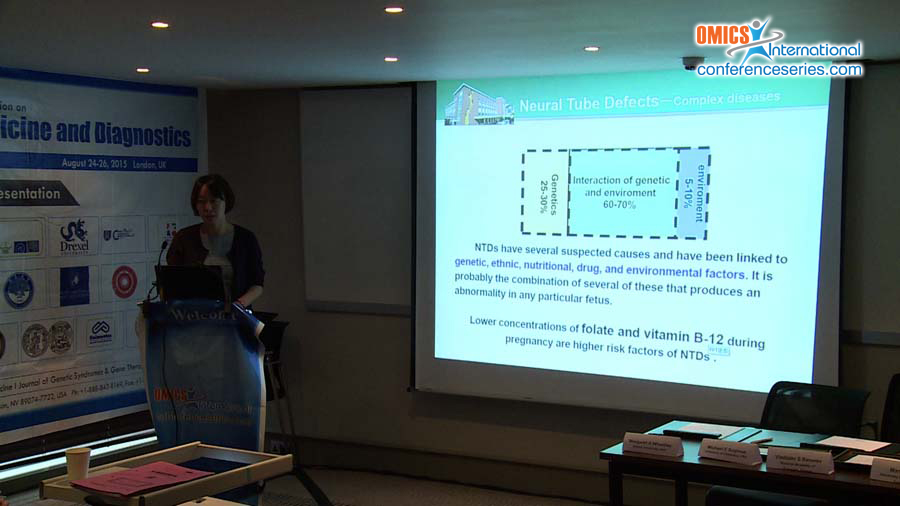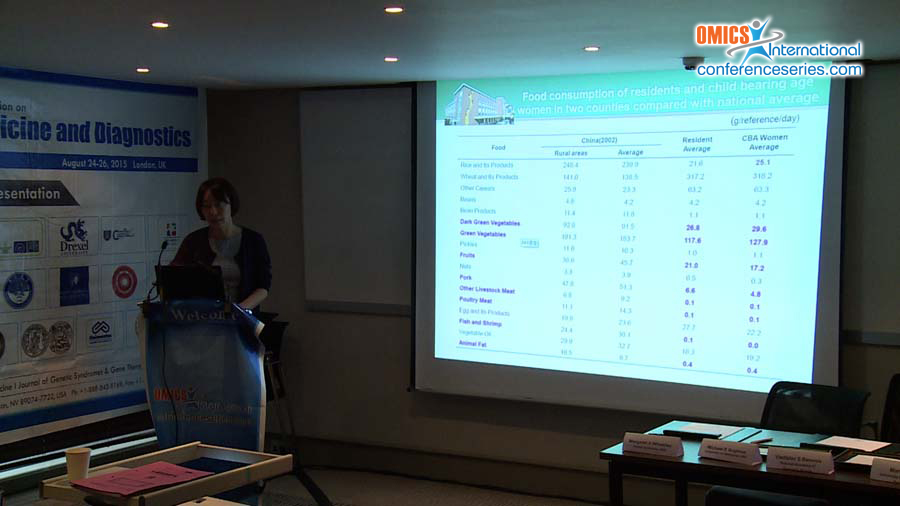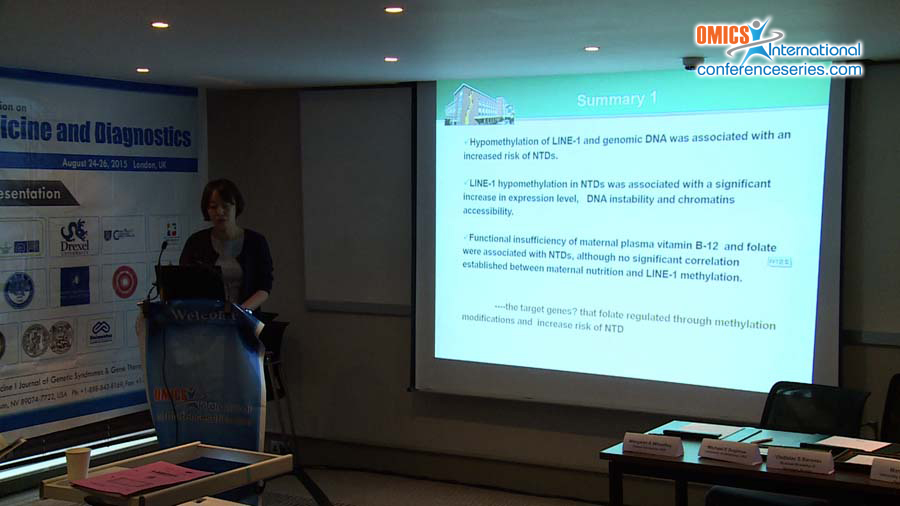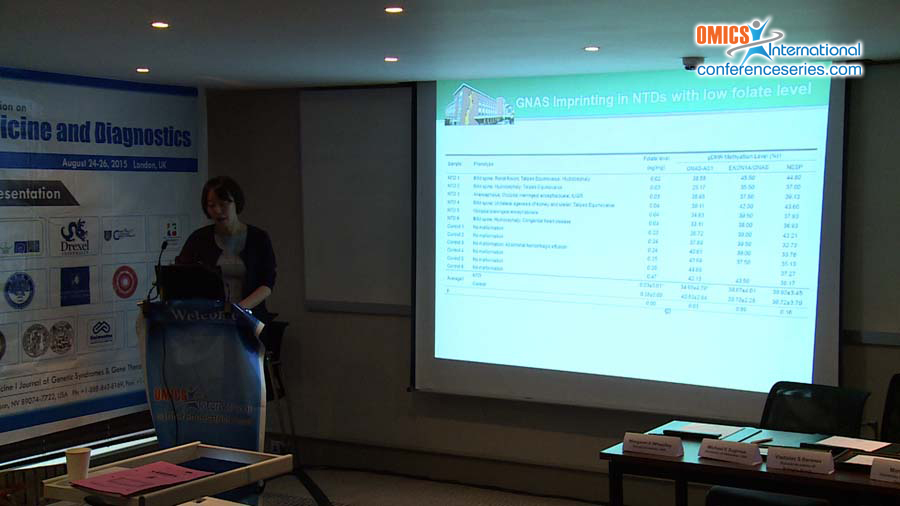
Li Wang
Capital Institute of Pediatrics, China
Title: Methylation alterations of LINE-1 and imprinting genes related to folate deficiency during embryo development
Biography
Biography: Li Wang
Abstract
Periconceptional maternal folate deficiency is a risk factor for neural tube defects (NTDs), the mechanism underlied remains unclear. Intracellular folic acid is thought to be key player in providing an adequate source of methyl groups for methylation of DNA and proteins, and methylation modifications of repeat elements and imprinting genes is suggested to be sensitive to epigenetic regulation of folate acid nutrition in developmental programming. However, the mechanism of how folate deficiency altered methylations modification of repeat elements and imprinting genes in earlier development is still unclear. Our present studying analyzed methylation modification alternations of LINE-1 and imprinting genes using NTD cases, mESCs with folate deficiency, and also in mouse models with periconceptional folate-deficiency. The results implying that hypomethylation of LINE-1 was associated with an increased risk of NTDs. Folate insufficiency induced LINE-1 hypomethylation at the lowest levels in folate-free ESCs, compared with that in the folate-normal group. Moreover, LINE-1 methylation level was positively correlated with folate content, and negatively correlated with homocysteine content. Similar, kinds of imprinting genes also altered imprinting modifications in NTDs with folate deficiency, including Gnas imprinting cluster, DLK-MEG3 imprinting cluster, MEST imprinting and H19/IGF2 imprinting. Mouse embryos exhibited a significantly increased ratio of IUGR and developmental dysplasia of the brain in response to folate deficiency. Data shown here implying that periconceptional maternal folate deficiency altered the imprinting established and gene expression in fetal brains, which may be associated with the higher ratio of developmental dysplasia.
Speaker Presentations
Speaker PPTs Click Here




